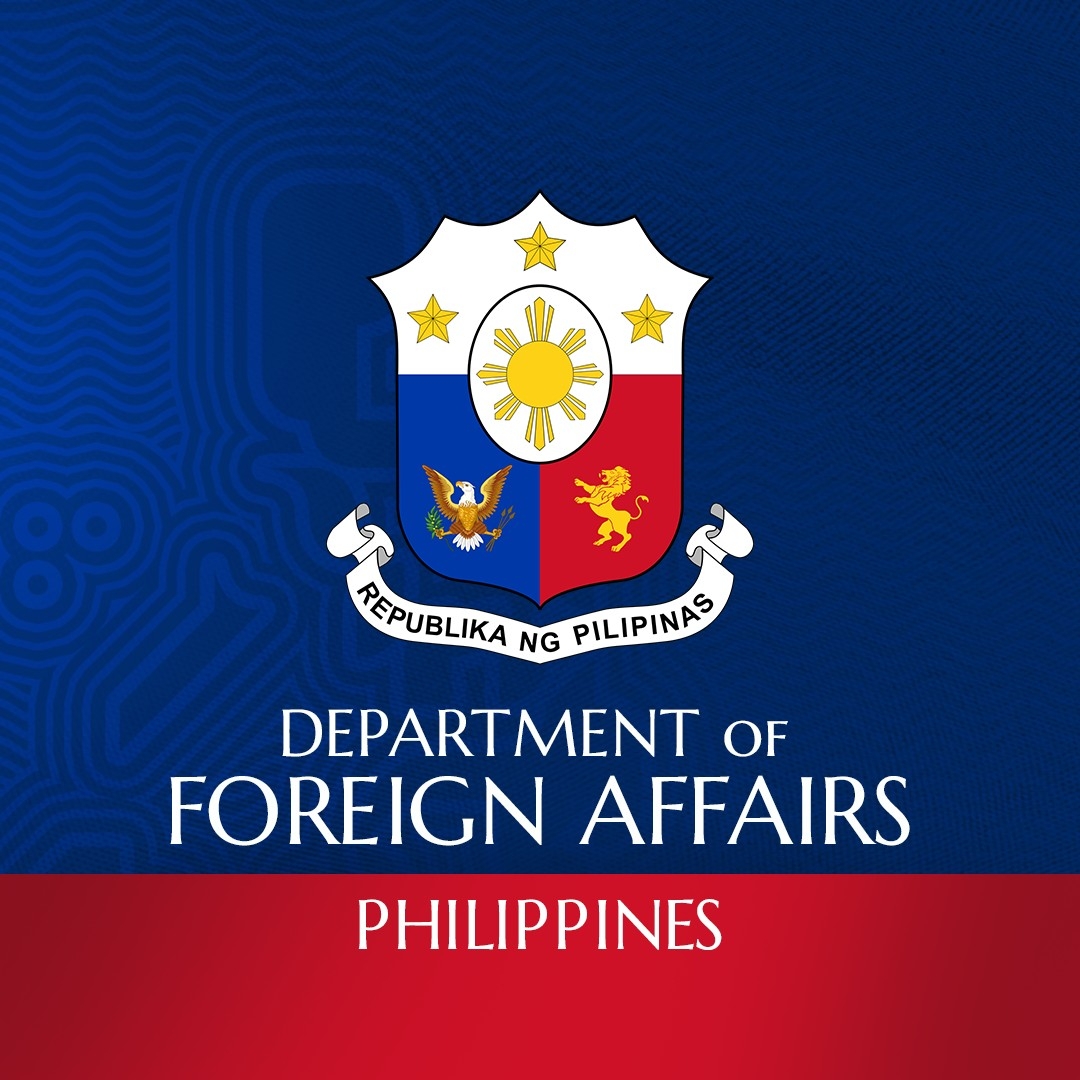New Coast Guard Rules Risk International Law Breach
In a stern warning to China, the Philippines emphasized the potential breach of international law should China enforce its new coast guard regulations in the West Philippine Sea. The Department of Foreign Affairs (DFA) cautioned that such actions would violate international law directly, particularly in areas where the Philippines maintains jurisdiction.
China’s forthcoming regulations, scheduled for enforcement on June 15, have sparked intense criticism from the Philippines due to their potential violation of sovereign rights. The DFA has underscored that these regulations can only be extended to territories, maritime zones, or jurisdictions of other states if they infringe on their rights under international law, warning of severe consequences if this is not respected.
According to the DFA, enforcing China’s regulations within the contested waters covered by the illegal 10-dash line infringing on Philippine sovereignty, sovereign rights, and jurisdiction would be unlawful. The department reiterated the importance of China adhering to its international commitments, including the United Nations Convention on the Law of the Sea (UNCLOS) and the 2016 Arbitral Award on the South China Sea.
Under China’s new regulations, the Coast Guard would be empowered to detain foreign vessels and individuals suspected of trespassing in China-claimed waters for up to 30 days and sometimes up to 60 days without trial. This move comes amidst escalating tensions, with Chinese coast guard vessels increasingly blocking Philippine vessels in areas within the Philippines’ exclusive economic zone (EEZ) in the West Philippine Sea.
President Ferdinand Marcos Jr. denounced China’s regulations as “unacceptable,” while Defense Secretary Gilberto Teodoro Jr. labeled them a “provocation and violation of the United Nations charter.” Foreign Secretary Enrique Manalo emphasized that these regulations pose a threat not only to the Philippines but to countries worldwide.
The DFA reiterated its call for China to comply with the 2016 Arbitral Award, citing its recent affirmation by the International Tribunal on the Law of the Sea (Itlos). The tribunal’s advisory opinion on states’ obligations to protect the marine environment from climate change underscored the award’s legitimacy and binding status in international law.
Despite China’s refusal to recognize the arbitral ruling, the Itlos proceedings witnessed 26 states or groups of states citing the award as a legal authority. In a significant development addressing climate change, the tribunal asserted states’ obligation to mitigate maritime pollution and safeguard the marine ecosystem.
Amidst the ongoing tensions in the region, the Philippines remains steadfast in its commitment to the rule of law and peaceful resolution of disputes in the South China Sea. The DFA’s unwavering position underscores all parties’ need to respect international law and maintain regional stability, leaving no room for misinterpretation.






